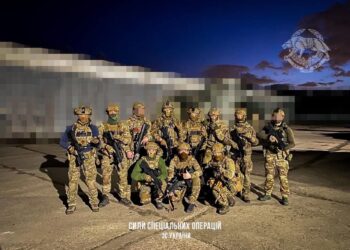The deliberate interference with GPS signals, a tactic known as GPS denial, is raising increasing concerns amid conflicts spreading across Europe, the Middle East, and Asia. This interference, which includes jamming and spoofing GPS signals, poses significant risks to both commercial and military operations.
Several adversarial nations have been known to employ false GPS signals to disrupt air travelt, shipping, and military logistics. The recent discussions about anti-satellite weapons have renewed fears of deliberate actions aimed at causing economic chaos by disabling GPS. GPS outages can lead to widespread disruption, affecting online services, in-vehicle navigation systems, and mobile phone location-based services.
Analyses in the U.S. and U.K. estimate the economic cost of a GPS outage at approximately $1 billion per day. The strategic impacts can be even more significant, especially in conflict zones. Lebanon has filed a formal complaint against Israel for purported GPS jamming, which it claims endangers civil aviation. Israel’s efforts to disrupt Hezbollah attacks are believed to be behind the increased electronic interference in southern Lebanon.
GPS interference has been reported in various conflict zones, including Ukraine, where Russian jamming has affected the accuracy of precision-guided weapons. Both sides in the Ukraine conflict have used GPS jamming to gain tactical advantages, complicating military operations.
Recent technological advancements are showing promise in overcoming GPS jamming. For instance, California-based GPS developer oneNav successfully tested a new technology that maintained accurate location fixes despite active jamming and spoofing in northern Israel. This development could have significant implications for maintaining operational capabilities in conflict zones.
The search for alternatives to GPS has led to the development of quantum-assured navigation systems. These systems use quantum sensors to provide stable and precise navigation data, even in the absence of GPS. Quantum sensors, which rely on the properties of atoms, offer extreme sensitivity and stability, making them suitable for use in harsh conditions.
Quantum-assured navigation systems combine multiple sensors to measure environmental signals, such as gravity and magnetic fields, to determine position. These systems are being tested in various settings, including maritime and terrestrial trials, to ensure they can function reliably in real-world conditions.
Expanded Coverage:








